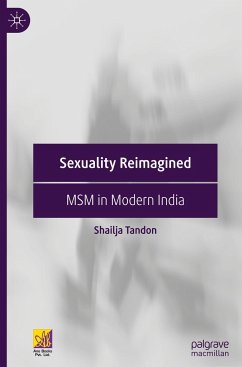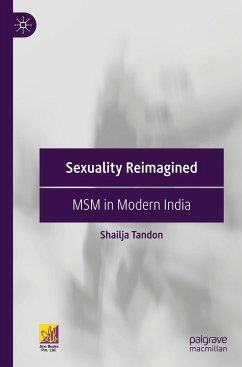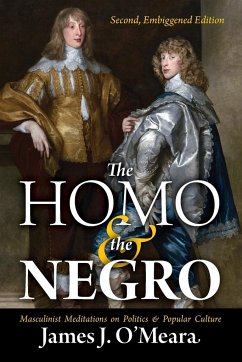
Masculinity and the British Organization Man Since 1945
Versandkostenfrei!
Versandfertig in 1-2 Wochen
110,99 €
inkl. MwSt.

PAYBACK Punkte
55 °P sammeln!
The post-war period is often regarded as a time when Britain underwent its managerial revolution, the family firm and the 'gentleman amateur' giving way to the large bureaucracy and the trained management expert. Yet the conception of modern management as a rational process could hardly be further from the truth. Drawing on detailed life-history interviews with the post-war generation of 'organization men', this study explores the intimacies that operate among men in management. It argues that despite the rise of professional management, relations between managers continue to function in highl...
The post-war period is often regarded as a time when Britain underwent its managerial revolution, the family firm and the 'gentleman amateur' giving way to the large bureaucracy and the trained management expert. Yet the conception of modern management as a rational process could hardly be further from the truth. Drawing on detailed life-history interviews with the post-war generation of 'organization men', this study explores the intimacies that operate among men in management. It argues that despite the rise of professional management, relations between managers continue to function in highly subjective ways. The pleasure of technical innovation or of seeing a new project through to the market, the mixture of rivalry and patronage that surrounds management succession, the hard bargaining of industrial relations: at every level, managerial functions involve the dramatization of emotions among men. By challenging the enduring myth of the rational organization man, this book sheds new light on gender segregation in management. It argues that the exclusion of women from senior positions cannot be understood simply as the outcome of unprofessional practices. A focus on the emotional relations between male managers reveals the psychic dimensions of exclusionary behaviour. An 'emotional economy' flourishes among men in management, but its workings have been hidden by the myth of the rational organization man.














